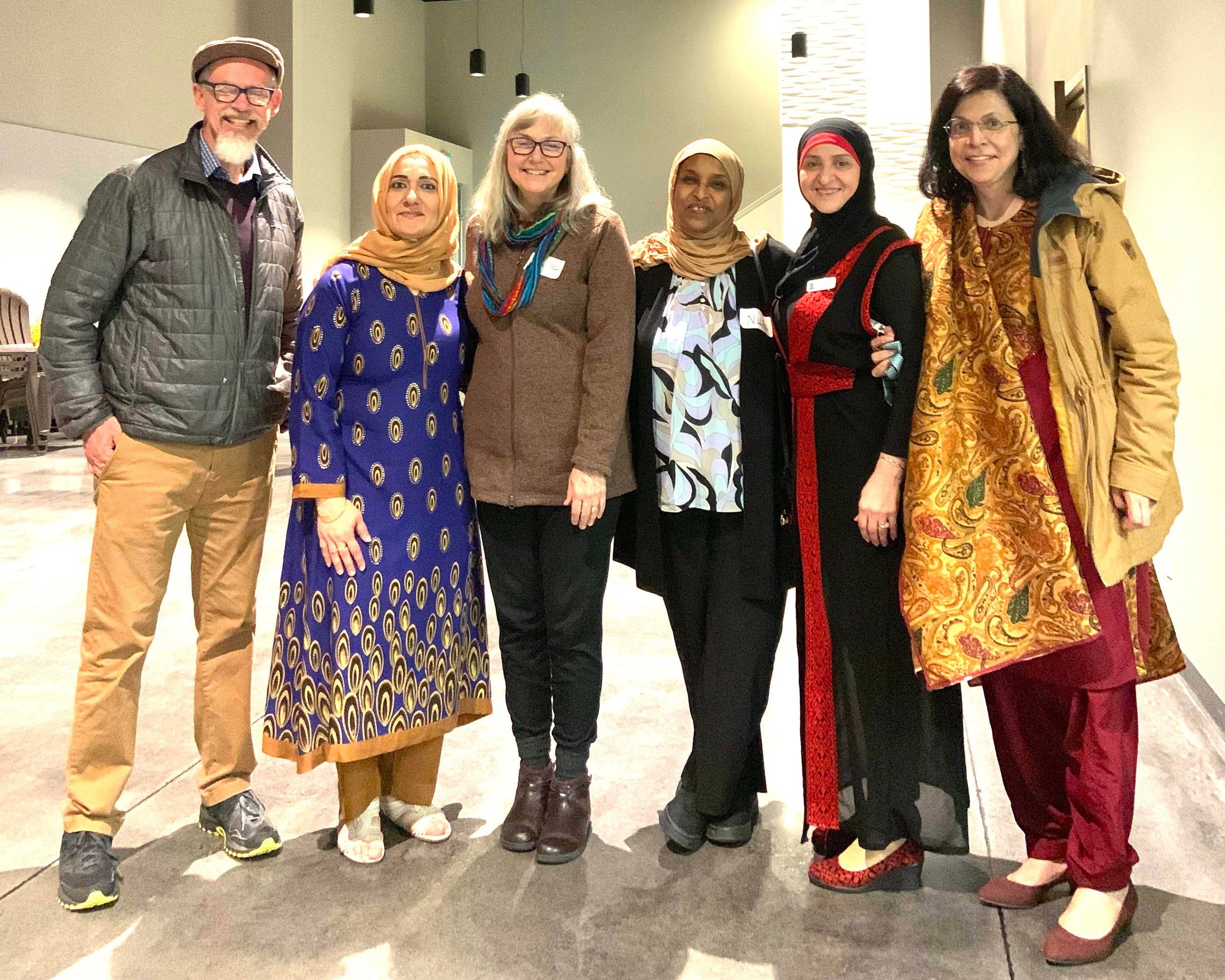3 Peace Practices that will Help You Wage Peace in a World of Violent Extremism
The alienation between many Americans and Muslims world-wide is based primarily on fear and not facts. American mainstream media, and all too often Christians, view Muslims—all Muslims—as evil extremists who want to do us harm. Muslims equal “security threats” in the eyes of many people.
But are Muslims really security threats?
Peter Bergen, a specialist in national security and author of four books on terrorism, has done rigorous research about homegrown terrorists. What he found may surprise you: Since 9/11, 45 people have been killed in the United States by jihadi terrorists while 48 have been killed by anti-abortion, neo-Nazi, anti-government fanatics. In other words, right-wing and anti-government extremists have killed more people in the U.S. since 9/11 than jihadi terrorists.
Here is another important fact worth noting -- again from Bergen’s research: Terrorism is statistically a very minor problem in this country … In any given year, you're somewhere between 3,000 or 5,000 times more likely to be killed by a fellow American with a gun than you are to be killed in the United States by a jihadi terrorist.
If we are serious about waging peace, we should be concerned about all types of violent extremists – and not just Islamist- terrorists. And just to be clear, I am concerned about violent extremists who are using Islam and have written about Peace Catalyst’s approach to them here.
Let me suggest three peace practices that will help you wage peace in a world of violent extremism.
Peace practice #1 – Love God with your mind.
Get the facts. Practice the art of evaluation and critically assess what you read or watch. One key to resolving conflict is understanding the nature of the conflict. For example, it is noteworthy that "tips from the Muslim-American community are the largest single source of initial information to authorities about [the 160 terrorist] plots” since September 11, 2001 (Gallup, 2011).
Peace practice #2 – Learn to empathize.
Breakthroughs happen in conflict when one party tries see things from the other party’s perspective.
Fact. More people have been killed by right-wing anti-government extremists than by Muslim violent extremists in the U.S. since 9/11. Imagine if there were a powerful media campaign stating that all Americans are right-wing anti-government extremists and thus security threats. How would you feel if the rest of the world lumped you together with extremists? I bet you would not want to be considered, and treated as, a security threat just because you are an American.
Just as the vast majority of Americans are not right-wing anti-government extremists, neither are the vast majority of Muslims violent extremists. In fact, the vast, vast majority of Muslims are God-fearing, hospitable, ethical people. The kind that make good neighbors, and the kind of people who are partners in opposing violent extremism.
Peace practice #3 - Follow Jesus not the crowds.
We may disagree about how we view Islam (and in fact Christians do!), but Jesus’ teaching about love is straightforward, comprehensive, and indisputable… and it turns out it happens to help national (and global) security!
Integration into the broader culture is critical for cutting off jihadi recruiting in the West. According to the U.S. Department of State, “One of our main goals is to improve European Muslims’ understanding of the United States and deepen their appreciation for our relative success in achieving integration.” If we as followers of Jesus can help the US have valid examples of integration, we are countering the recruiting of violent extremists in Europe.
Ultimately, we should not think of Muslims as security threats. Instead we should wage peace by following the one who taught and modeled radical love.











